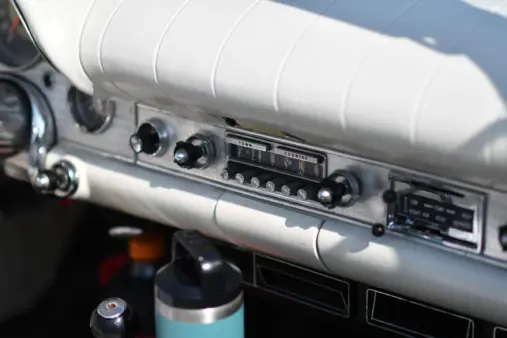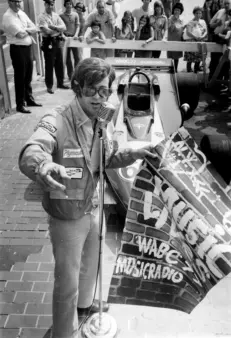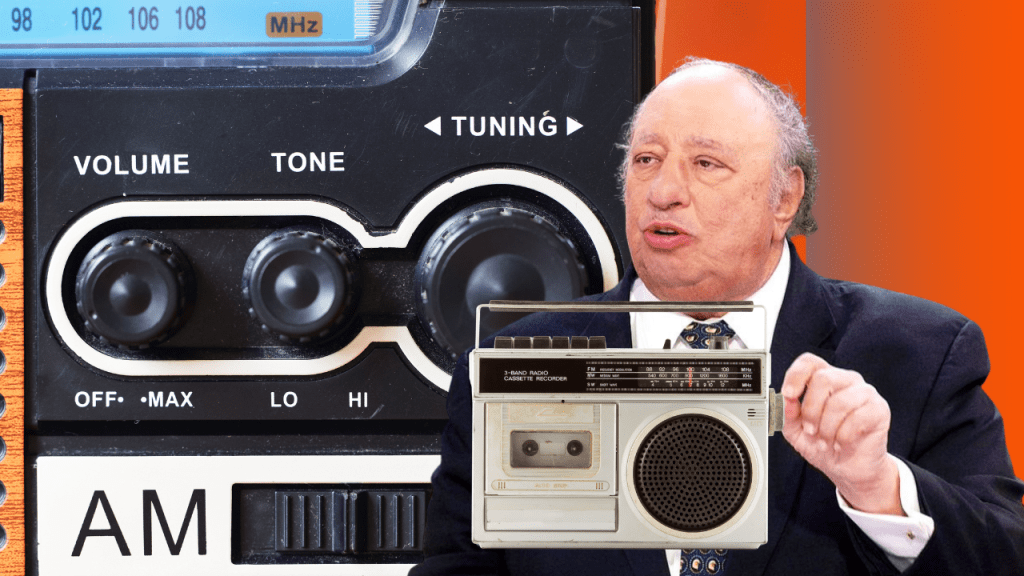(New York, NY) – In the ongoing push to save AM radio — especially given its role during certain emergencies — a key step was taken this past week. The House of Representatives passed a bill Thursday, mandating that AM radio be included in all new cars. A companion bill will have to pass in the US Senate to make it law.
77 WABC owner-operator John Catsimatidis has been among the more outspoken voices when it comes to the importance of preserving AM radio, due to the nature of such broadcasts. In the event of an emergency, including something that significantly affected internet or television broadcast capability — AM radio would still be able to deliver information to the public. This is due to the way AM radio waves are able to transmit through the ground and then be received over long distances. Listeners to radio are undoubtedly familiar with the Emergency Alert System and how that is maintained by FEMA — including strategically placed “bunkers”, from which emergency broadcasts can originate.
But as for the legislation that made its way through the House this past week, Catsimatidis has one main objection. In comments originally published in digital trade magazine Barrett Media, he took exception to the bill’s so-called “sunset clause.” After eight years time, the AM radio requirement would go away.
 An AM radio seen in a 1957 Ford Thunderbird, seen in Michigan, Aug. 22, 2024. © Matthew Dae Smith/Lansing State Journal / USA TODAY NETWORK
An AM radio seen in a 1957 Ford Thunderbird, seen in Michigan, Aug. 22, 2024. © Matthew Dae Smith/Lansing State Journal / USA TODAY NETWORK
That doesn’t sit right with Catsimatidis, who told Barrett: “77WABC and all AM radio stations across the country provide life-saving information and emergency alerts to the public. While the committee’s action may be a step forward, a ridiculous last-minute change sunsets the law in eight years. AM is the backbone of the emergency alert system, and tornadoes, hurricanes, and other disasters won’t go away. The absurd eight-year sunset harms all Americans. 300 members of the House and 61 senators supported the bill without an eight-year sunset. Politics aside, Congress should not compromise on citizens receiving critical news from AM stations. The sunset must go.”
The argument from some automakers is that AM radio interferes with their car’s engine — or vise versa — causing audio problems. Some have noted that there’s not enough urgency surrounding the bid to protect AM, because it’s perceived as a “right wing” or “Republican” medium. And it’s fair to note that since the onset of FM, and podcasts, an increasing number of younger consumers opt for content they hear through their phone, tablet, or laptop.
 77 WABC deejay Bruce Morrow, aka Cousin Brucie, speaks to the crowd alongside his $100,000 racing car outside of Stern’s department store at Bergen Mall in Paramus, N.J., on September 5, 1971. © Al Paglione/NorthJersey.com / USA TODAY NETWORK via Imagn Images
77 WABC deejay Bruce Morrow, aka Cousin Brucie, speaks to the crowd alongside his $100,000 racing car outside of Stern’s department store at Bergen Mall in Paramus, N.J., on September 5, 1971. © Al Paglione/NorthJersey.com / USA TODAY NETWORK via Imagn Images
As for the bill that is being considered in the Senate, Catsimatidis prefers it greatly, telling lawmakers it’s more equipped to meet the emergency information mandate. He’s quoted in Barrett Media as saying the Senate version “is far superior, and protects the American public.”

